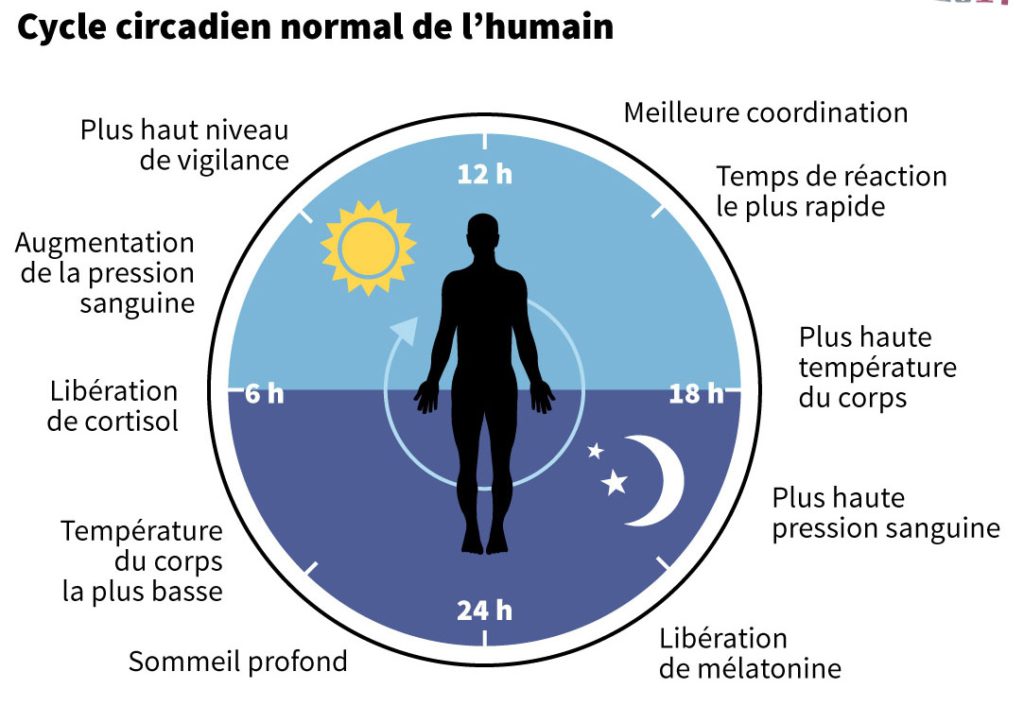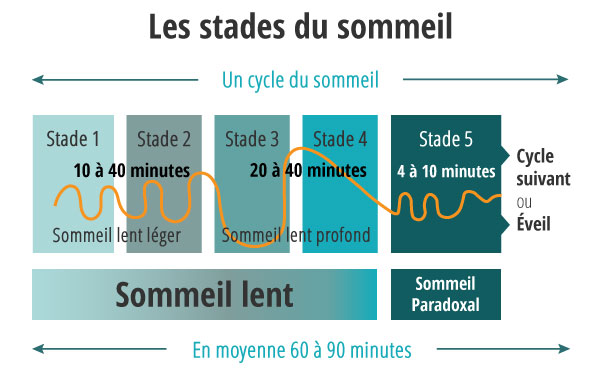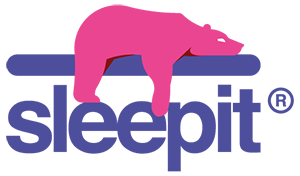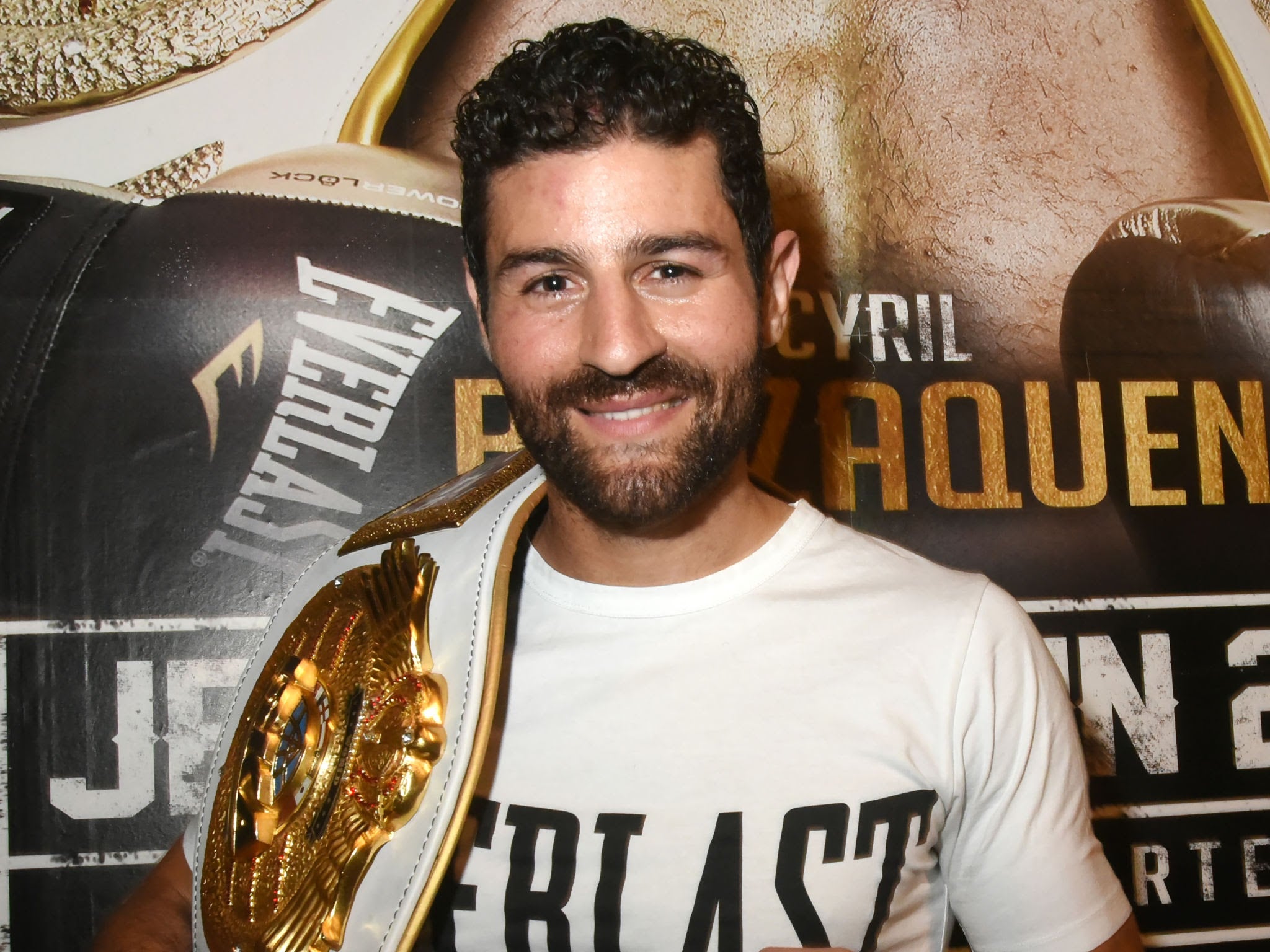An athlete perfectly masters certain factors such as diet. However, they do not realize that their sleep can be impacted by stress and by their sports activity itself. Consequently, if an athlete has minimal understanding of sleep physiology, it can be difficult to manage.
Optimizing the sleep-wake cycle

The quantity, quality, and timing of optimal sleep are genetically determined from birth. And vary from person to person... which makes group training programs less effective for some athletes!
Thus, the improvement of physical performance must involve the optimization of the sleep-wake cycle. Every athlete should be aware of this.
The sleep-wake cycle is the fundamental chronobiological rhythm around which all circadian rhythms are organized: digestion, internal temperature, muscle recovery, etc. Therefore, controlling the sleep-wake cycle optimizes all the rhythms of our body!
Recent research has shown that endurance exercise performance over long distances improves when sleep-wake rhythms are optimized. Other research has shown a link between sleep deprivation and health parameters that indirectly affect physical performance. Due to the amount of ongoing scientific research, understanding the subject "Understanding your sleep-wake rhythm" will be the new element that will differentiate physical performances in the years to come.
Evening sports sessions
When working, it is often complicated to find a time during the day to do our sports session. This is why we tend to schedule our sports activities in the evening. However, late evening sports sessions can have detrimental effects on our health.
It's all about temperature
Our sleep partly depends on the cyclical control of brain temperature. By cooling down at night, it will cause the sensation of fatigue and thus influence sleep. Physical activity acts on the biological clocks responsible for these temperature regulations, notably by causing the body to heat up.
Through physical activity, the athlete will trigger a peak in body temperature and feel fully awake. Their body temperature will then gradually decrease, putting them in a state conducive to falling asleep.
Depending on whether the exercise is done before or after the peak of brain temperature (around 6 PM), the exercise will alter the circadian cycle that governs the sleep-wake cycle by delaying or advancing the cooling phase.
If you cannot move your sports session earlier, it would be better to delay your bedtime. This will give your body time to lower its temperature, which will facilitate your upcoming sleep.
Deep slow-wave sleep

The duration of deep slow-wave sleep (SWS) can be extended through the practice of a sport. During this period, there is a high activity of cell growth hormones. These hormones are essential for good muscle recovery as they will repair our body.
To enter the sleep phase, our body must lower its body temperature by 1°C. This temperature drop is more easily achieved after physical exertion. Entering this sleep phase more easily is essential for athletes as it offers better muscle relaxation and a better feeling of rest upon waking.
Conclusion
Sport and sleep are two closely related concepts. Indeed, practicing a sport plays a real role in the depth and quality of sleep. Conversely, a good night's sleep influences your athletic performance.
To learn more about the subject, we invite you to read the following articles:
Find other articles on this topic in this category.
The post Understanding the close link between sport and sleep first appeared on Le journal de l'oreiller.






Leave a comment
All comments are moderated before being published.
This site is protected by hCaptcha and the hCaptcha Privacy Policy and Terms of Service apply.